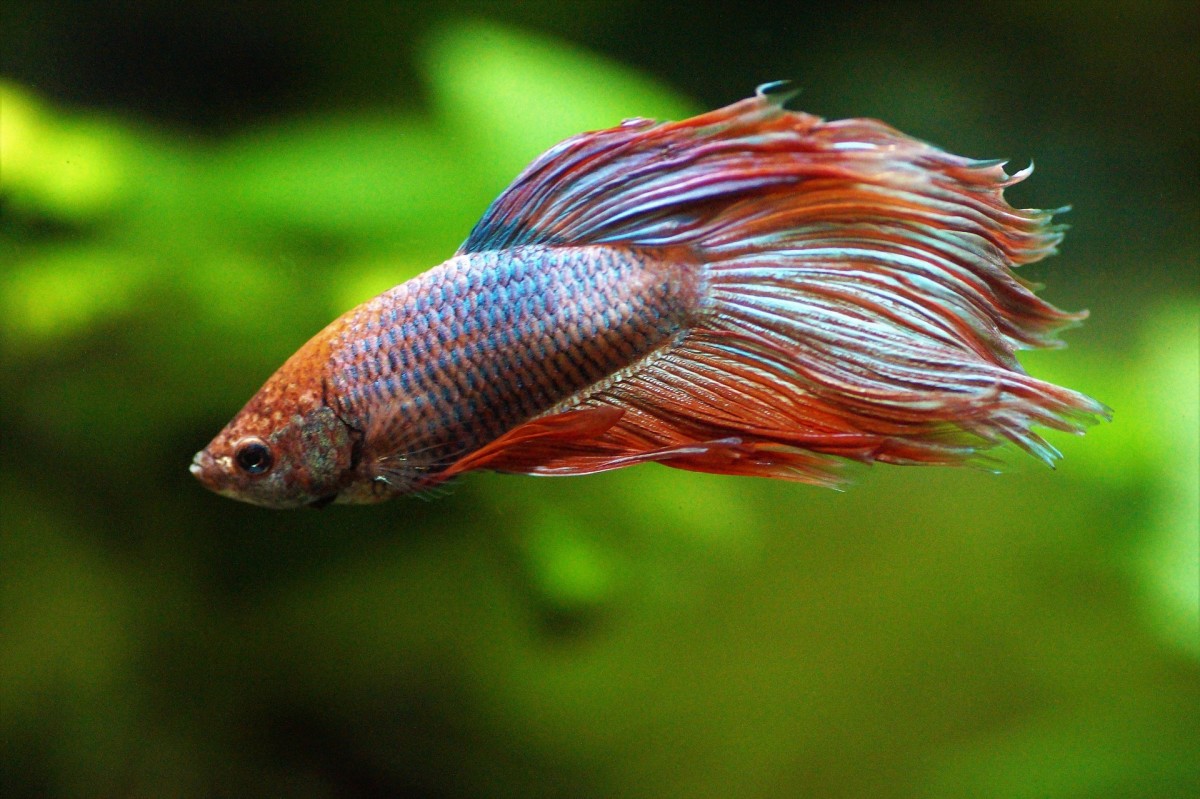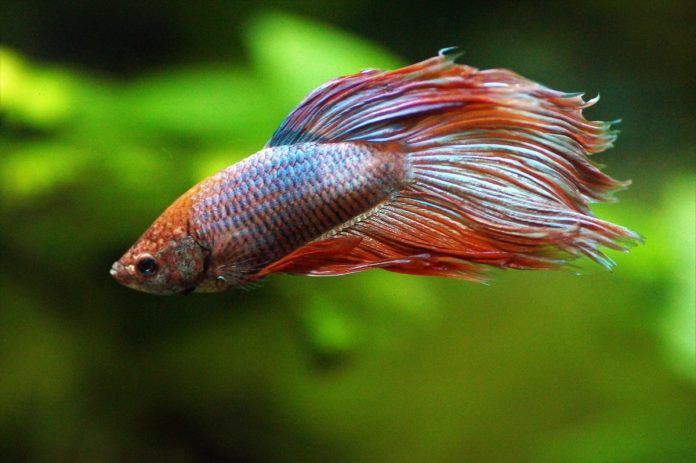Fishes commonly known as Betta fish, also known as Siamese fighting fish, are popular aquarium pets. Their vivid colors and flowing fins make them popular aquarium pets. You should understand the lifespan of betta fish and how to provide them with the best possible care if you are considering purchasing one or already owning one.
We will discuss factors that influence the longevity of betta fish, health concerns they may face, and tips on extending their lives and its types.
Table of Contents
What is a Betta Fish?
Betta fish are small, labyrinth fish that are known for their aggressive behavior. Betta splendens is the scientific name for these fish. The labyrinth, a breathing apparatus designed for taking in oxygen from the surface of the water, serves as their air-breathing organ. Because of this unique adaptation, they are capable of surviving in oxygen-depleted environments such as small puddles and stagnant water.
The Lifespan of Betta Fish
A betta fish is estimated to live between two and five years. Fish such as the Betta have the potential to live even longer if properly cared for and housed in a healthy environment.
1. Water Quality
The maintenance of excellent water quality is crucial for betta fish to maintain a healthy and long life span. Water quality is important to them, as they are sensitive to environmental conditions, and poor water quality may cause them stress and other health problems.
2. Tank Size
The importance of providing an adequate-sized aquarium for betta fish cannot be overstated. Although they can survive in small containers temporarily, they require at least a 5-gallon aquarium for their health and well-being to be maintained over the long term.
3. Diet and Nutrition
Betta fish require a balanced and nutritious diet to live a long and healthy life. The primary source of nutrition for bettas should be a high-quality pellet or flake food that is designed specifically for them. Aside from this, you can also provide variety and essential nutrients to your pet by offering them occasional treats such as bloodworms or brine shrimp.
4. Stress and Environment
Betta fish are susceptible to stress, which can have a significant impact on their lifespan. To ensure that they are happy and healthy, you must provide them with a peaceful and stimulating environment. If you intend to keep your Betta in a tank with aggressive tankmates or a highly stressful environment such as excessive noise or bright light, it is best not to do so.
Types of Lifespan of Betta Fish

1. Halfmoon Betta Fish:
Halfmoon betta fish have large fins that are fan-shaped when flared. A variety of colors are available, and they can live up to four years.
2. Average Lifespan
Betta fish have an average lifespan of two to four years. Betta fish should be maintained in this manner if they are to be healthy and well cared for.
3. King Betta
Betta fish, also known as king betta fish, are another variety of domestic betta fish. The fish can grow up to four inches in length and have a longer lifespan than other species of betta. A properly cared-for king betta can live for more than seven years.
4. Female Betta Lifespan
A female betta fish has a longer lifespan than a male betta fish. A female betta tends to be less aggressive and more social, which can lead to a happier and healthier lifestyle.
Tips to Extend Betta Fish Lifespan
You can ensure that your betta fish lives a long and healthy life by following the following tips:
- Use proper filtration: Make sure you invest in a reliable filtration system that offers both mechanical and biological filtration. Your betta fish will benefit from this process as it will facilitate the removal of debris and keep their environment stable and clean.
- Maintain consistent water temperature: As tropical fish, Bettas thrive in water temperatures between 76 and 82 degrees Fahrenheit (24 and 28 degrees Celsius). Keep the temperature within this range stable by using a heater.
- Provide hiding spots: Creating hiding places for your betta fish can be easily accomplished by including live or artificial plants, caves, or other decorations in the tank. Their sense of security will be enhanced and their stress levels will be reduced as a result.
- Monitor behavior and health: Observe your betta fish regularly for signs of distress, such as lethargy, loss of appetite, or color changes. Consult your veterinarian as soon as possible if you have any concerns regarding your pet’s health.
Conclusion:
Betta fish require special care and understanding of their lifespan and lifespan expectations. Your betta fish should live in an environment that is conducive to their wellbeing, maintain optimum water quality, consume a balanced diet, and address any health problems as soon as they arise.



















